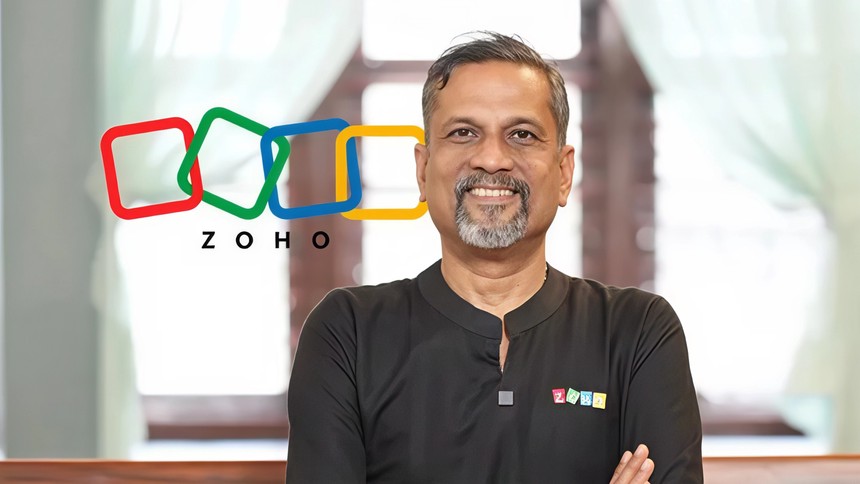A frightening new case of cybercrime has emerged from Pune where a 70 year old lawyer lost his life savings after being targeted in what is known as a digital arrest scam. The fraudsters convinced him that his Aadhaar card was linked to a money laundering case and threatened him with arrest if he failed to cooperate.
How the Scam Unfolded

The incident occurred between September 4 and September 19. Fraudsters posing as officers from the Central Bureau of Investigation contacted the lawyer and falsely claimed that his Aadhaar details had been found in connection with money laundering. They warned him that both he and his family could be arrested unless he followed their instructions.
To build credibility, the scammers instructed the victim to remain silent about the matter and not speak to anyone, isolating him completely. They then demanded his banking details under the guise of verification. In order to make their act look authentic, the scammers even sent him a forged PDF bond that assured him his money would be returned once the so called investigation was complete.
The Costly Manipulation
Over the following days, the lawyer ended up transferring his entire savings and even borrowed money from acquaintances. In total, he handed over Rs 1.8 crore to the fraudsters. When the calls suddenly stopped, he realised he had been deceived.
The Pimpri Chinchwad cyber police have managed to freeze approximately Rs 12 lakh of the stolen amount. A case has been filed under multiple sections of the Bharatiya Nyaya Sanhita including extortion, cheating, personation, and forgery along with relevant provisions of the IT Act.
Why Digital Arrest Scams Work
Officials explained that these scams do not rely on sophisticated hacking but instead on psychological manipulation. Scammers create fear and urgency, pressuring victims into acting quickly without verifying the authenticity of the claims. By posing as government officials and threatening legal consequences, they are able to exploit trust and panic.
Police Advisory for Citizens

Authorities have urged the public to remain cautious. Genuine government agencies do not ask for personal banking information or money transfers over the phone. In case of such calls, the safest course of action is to hang up immediately and contact the official helpline or the nearest police station for verification.
This disturbing case highlights the growing threat of digital arrest scams in India and the urgent need for awareness. With scammers constantly evolving their tactics, staying informed and alert is the only shield against such financial and emotional devastation.
Follow Tech Moves on Instagram and Facebook to stay updated on more real world stories, alerts, and guides that keep you informed and safe while navigating both digital and everyday journeys.














